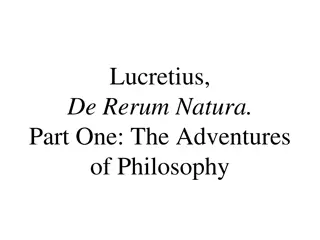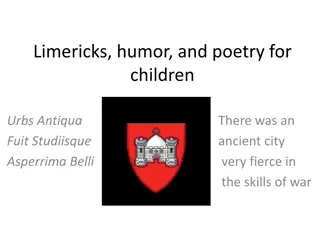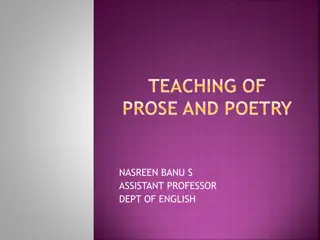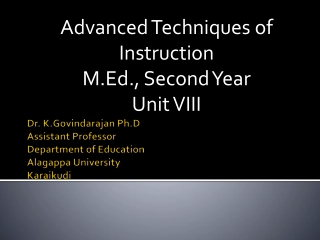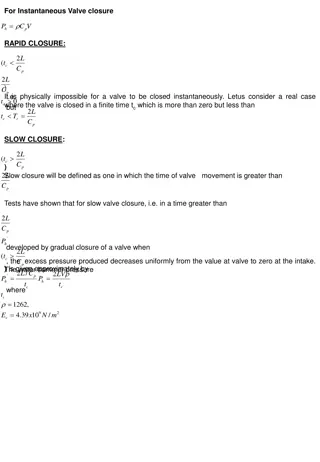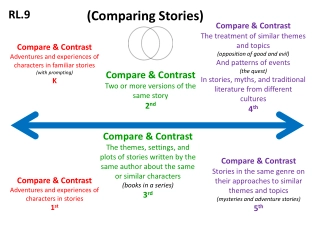Analysis of Gauri Deshpande's Poetry on Women's Experiences
The poem "The Female of the Species" by Gauri Deshpande delves into the nuanced experiences of women, challenging societal norms and perceptions. Deshpande's work explores themes of love, despair, and the unique bonds among women, highlighting the unspoken desires and sacrifices of housewives in India. Through her evocative language, she emphasizes the importance of female relationships and the need for understanding and acknowledgment in a world where women's voices often go unheard.
Download Presentation
Please find below an Image/Link to download the presentation.
The content on the website is provided AS IS for your information and personal use only. It may not be sold, licensed, or shared on other websites without obtaining consent from the author. Download presentation by click this link. If you encounter any issues during the download, it is possible that the publisher has removed the file from their server.
Presentation Transcript
Union Education Societys Mahila Mahavidyalaya, Solapur. B.A Part III (2017-2018) English (Special) Indian Writing In English A Presentation By Associate Prof. Shaikh Nikhat On Poetry The Female Of The Species Gauri Deshpande
Summary The poem s title belies the informality of expression that follows. The title in itself makes one conscious of the aspect of the female. As the other and also about the fact that Deshpande was fond of Darwin s work on the origin of species. The term species in itself makes one wonder. At the exclusiveness it represents as how many of us would have said the male of the species for the masculine is taken as the norm and the female as the aberration of nature.
when a woman needs to have a heart to heart talk on love and despair or about children, talking to a man has no value. The words love and despair make one wonder at the nature of these feelings. It is a common belief that no matter how much a mother has to tolerate, she is fated to love her children and so, perhaps in context of their perceived ungratefulness the feeling of despair manifests itself.
The poet talks directly to the reader and the you rings clear as if acknowledging a shared experience with assurance. When a woman sits down to unburden herself she needs women to help her like her mother or sister or her best friend. This is an all female world. You (if you are the woman) ask your first love i.e. your girl child and your friend s first child, a girl, to attend this ceremony too. Interestingly, she deliberately underlines the fact that her friend s first child is a girl.
These women are not career women but housewives who may or may not have once thought of earning their bread too. However, it seems that managing the house and the rations is something that is in the nature of a woman just as these little talks are. They have managed their affairs perfectly but in the end of the day as mothers they hanker for some love or acknowledgement of the care they have bestowed. Such women can be found anywhere across India, chatting with their saris tucked as they make a vociferous group of chattering women who seem happy and content but within their hearts hold secret desires which were stifled or sacrificed a long time ago.









